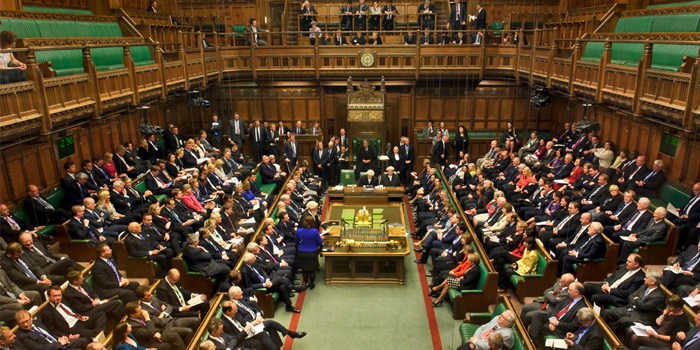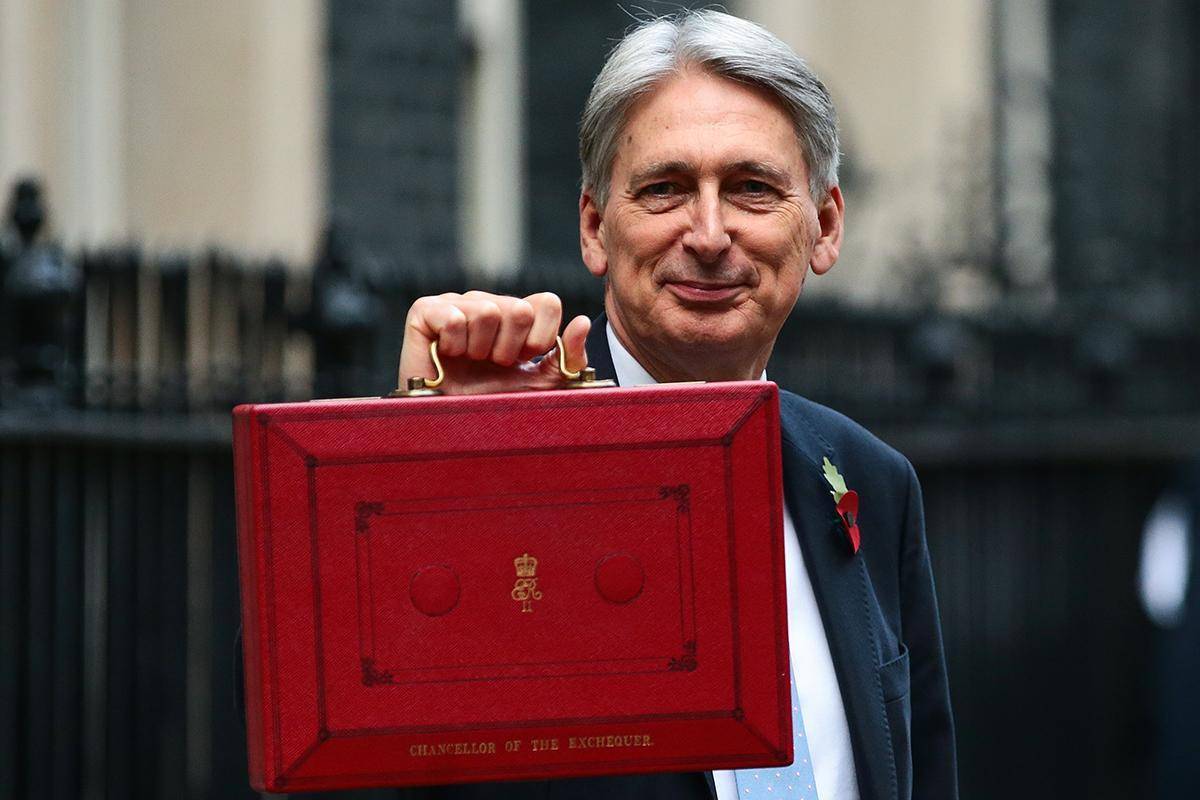The British Chancellor announced this Monday to spend about £68 billion for Budget Responsibility. The money which was handed to him by the independent office has been put to this use probably to cast off the negative reputation created due to the Brexit.
In order to seek reassurance to the voters along with boosting the morale of the MPs, Philip Hammond announced surprise income tax cuts in his budget speech.
He further added in his budget speech that austerity will soon come to an end and that discipline will prevail, emphasizing on the part that UK was now at a turning point in its recovery.

An analysis by the Resolution Foundation, however has found that this will not be the scenario and that the tax cuts will benefit mostly the upper end household, totally neglecting and still affecting the lower and middle class.
The income tax cut benefits announced by Philip Hammond will be costing £2.7 billion in the next fiscal year. The tax band of 20% will increase from £11,850 to £12,500 from the next year, whereas the tax band of 40% will increase from £46,350 to £50,000 in the next fiscal year.

As a result, 84% of the income tax cuts announced this Monday will benefit only to the upper class households next year, increasing it to 89% by the termination of the parliament.
The director of Think Tank, Torsten Bell said the budget announced is certainly a welcome nurture to the universal credit and that there has been a radical shift in the approach of the government towards the public finances.
Mr. Bell further added that the budget would rather ease things up instead of austerity coming to an end real soon and that the budget presented on Monday was much easier for the Chancellor than any other which was expected but this will proceed with much more tougher choices in the future.
Source: The Guardian, Independent









